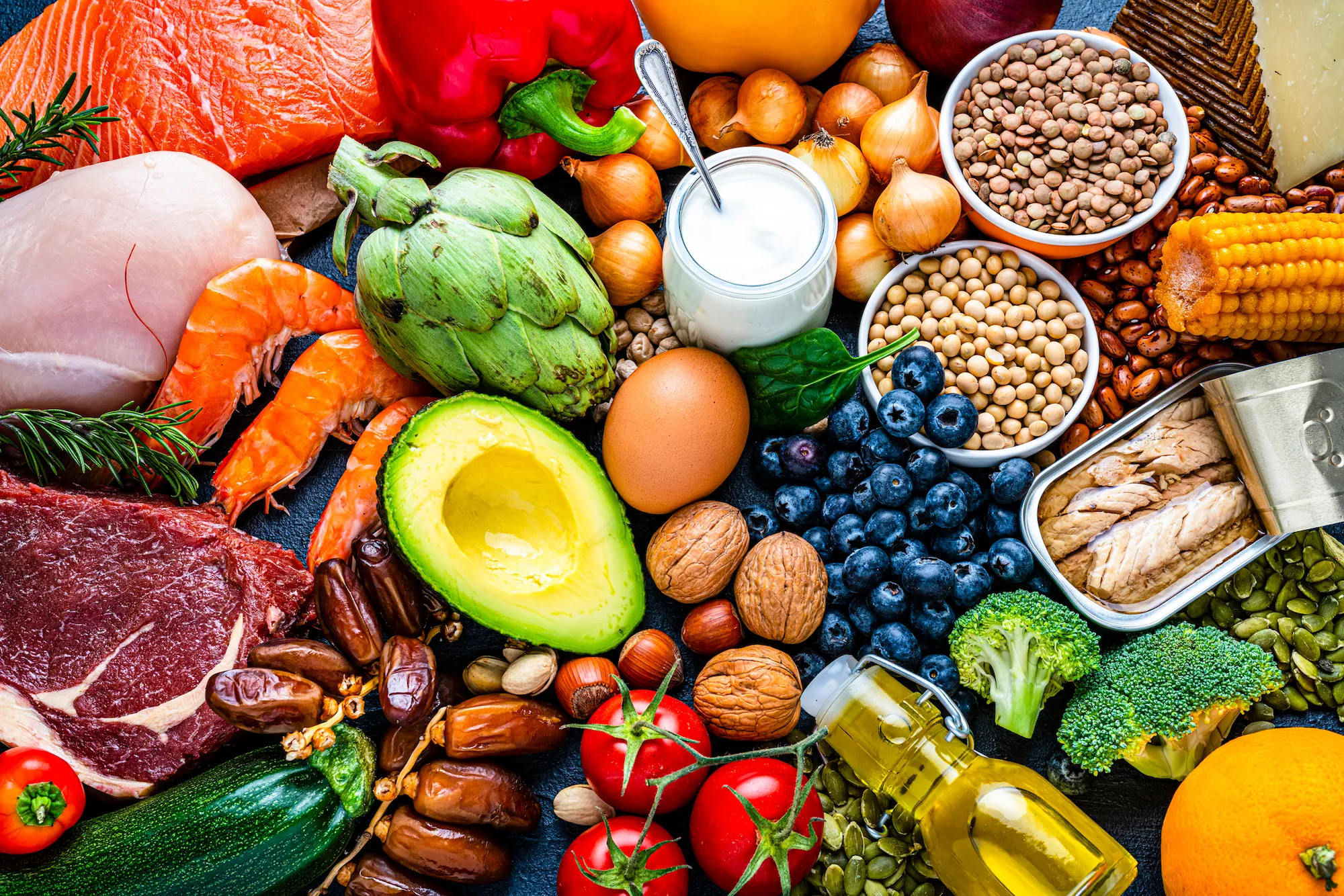Antioxidants play a crucial role in maintaining health and preventing various diseases. They are compounds that help protect our cells from damage caused by harmful molecules called free radicals. Here are the key roles of antioxidants in your diet:
- Neutralize free radicals: Free radicals are unstable molecules that are produced naturally in our bodies and can also be formed due to exposure to environmental factors like pollution, radiation, and cigarette smoke. Free radicals can cause oxidative stress, leading to cellular damage and inflammation. Antioxidants help neutralize these free radicals, preventing or reducing their damaging effects.
- Protect against chronic diseases: Oxidative stress and inflammation play a significant role in the development of chronic diseases such as heart disease, diabetes, certain cancers, and neurodegenerative disorders. Antioxidants, by reducing oxidative stress and inflammation, help protect against these diseases and promote overall health.
- Support immune function: The immune system relies on the proper functioning of various types of cells, including white blood cells, to defend the body against pathogens. Antioxidants, particularly vitamins A, C, and E, support immune function by protecting immune cells from damage caused by free radicals, enabling them to function effectively.
- Maintain healthy skin: The skin is constantly exposed to environmental stressors like UV radiation, pollution, and toxins, which can contribute to skin damage and aging. Antioxidants, both when consumed through the diet and applied topically in skincare products, can protect the skin from free radical damage, promote collagen production, and maintain a healthy, youthful complexion.
- Support eye health: The eyes are susceptible to oxidative damage from factors like UV radiation and age-related changes. Antioxidants like vitamins C and E, lutein, and zeaxanthin help protect the eyes from oxidative stress, reducing the risk of age-related macular degeneration and cataracts.
- Reduce inflammation: Chronic inflammation is associated with many diseases, including cardiovascular diseases, arthritis, and certain cancers. Antioxidants, by reducing oxidative stress and neutralizing free radicals, help to lower inflammation levels in the body, promoting better overall health.
- Enhance exercise recovery: Intense exercise can lead to an increase in free radicals and oxidative stress in the body. Antioxidants, when consumed before and after exercise, can help reduce the oxidative damage caused by physical activity and support faster recovery.
Antioxidants can be obtained through a diet rich in fruits, vegetables, whole grains, nuts, seeds, and other plant-based foods. Aim to include a variety of colorful fruits and vegetables in your meals to maximize your antioxidant intake. However, it’s important to note that relying on antioxidant supplements alone is not recommended, as whole foods provide a complex mix of beneficial compounds that work together synergistically.











